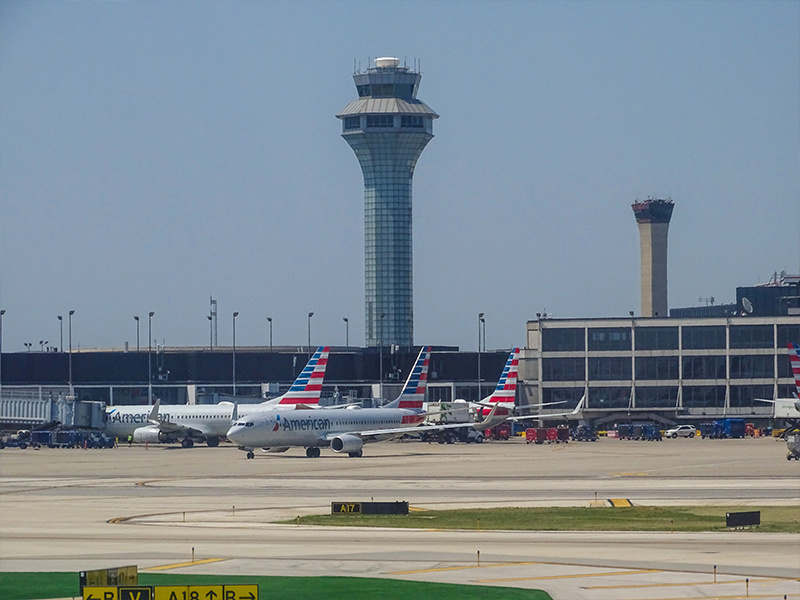


After a series of sleepless nights and nerve wrecking flight tests, getting that license might be the most memorable—if not the best—moment that any pilot student could ever experience.
But passing the licensure exam is not yet the most challenging task a pilot would face. The moment the pilot steps into the cockpit, he’ll then have the responsibility of keeping everyone on board safe, comfortable, and happy—and this standard must be maintained every single flight they take.
That’s a lot of pressure, isn’t it?
But pilots don’t carry this responsibility alone. Besides their co-pilot, there’s also someone that carries almost half of this task while the airplane is hanging on mid-air.
And that’s the flight dispatcher.
By definition from the Airline Dispatchers Federation, a flight dispatcher shares the responsibility with the plane captain to assure safety and operational of flights.
While the pilot takes care of the plane, a flight dispatcher remains in the operations center of the airline to monitor weather conditions, flight routes, and a whole lot more.
If you think about it, the relationship between the pilot and the flight dispatcher looks like a “long distance relationship” between one in air and one on ground.
And while the pilot may get all the prestige and admiration from most flight enthusiasts, pilots can actually learn a thing or two when working with their partners on the ground:
The fragile thing we call TRUST.
If the dispatcher says to take Route A instead of Route B, the pilot goes to Route B. No questions ask—unless, of course, it’s very important.
Trust between the pilot and dispatcher is very important for a smooth air travel. The reason for this is because the dispatcher sees more than the pilot can. He can tell the most feasible route of a flight, if weather conditions are well, and if there’s traffic (yes, there’s traffic even in the air).
Asking is not a sign of weakness.
No pilot should assume anything about the flight without confirming about it to his dispatchers first. Moreover, when a situation arises mid-flight, it’s very important for the pilot to report and get advice from his dispatcher about it as well.
Deciding on something half-baked is a sign of arrogance and carelessness that may lead to an unimaginable disaster. Open communication essential in addressing any problems productively.
As the saying goes, in any form of relationship, whether personal or professional, communication is the key to success.
The eye of the storm has the clearest sky.
Staying calm amidst pressure is one of the most admirable traits of a flight dispatcher.
They act like the eye of the storm, keeping a clear head despite a deadly weather condition or other similar situations going around them. They must make the right decisions about safety, flight regulation, and logistical operations during emergencies.
Pilots can pick up a valuable lesson in this characteristic. Carrying the weight of all the lives of the passengers and cabin crew, it’s important to be able to think things effectively.
—
Many newbie aviation enthusiasts think that pilots are the only ones who man the plane, but that’s not actually right. For every single take-off and landing, there are many people behind the facade who made it successful and possible.
Getting that plane across one country to another will always be a team effort. But knowing what to do best in your position needs a lot of training and in-depth knowledge in the field.
WCC Aviation is a flight school that can help you be the best pilot–or dispatcher–that you can be. Know more about how to start your flight journey at their site: http://www.wccaviation.com/
The information contained in this website is for general information purposes only.
While WCC Aviation Company endeavors to keep the information up to date and correct, we make no representations or warranties of any kind, express or implied, about the completeness, accuracy, reliability, suitability or availability with respect to information published in this website.
Click here to read the Privacy Statement in full